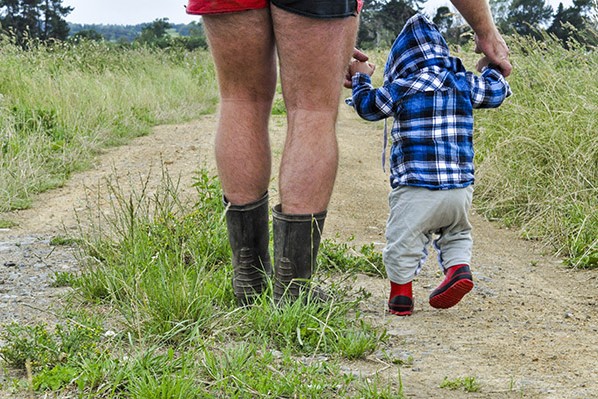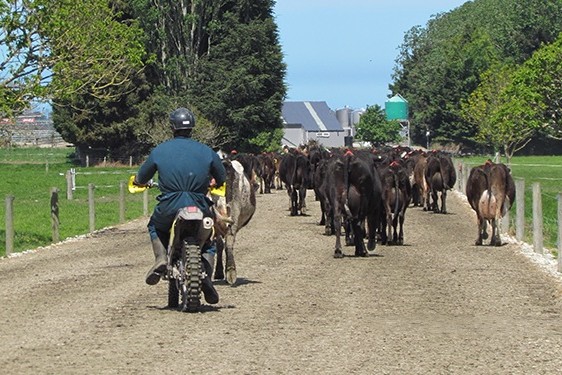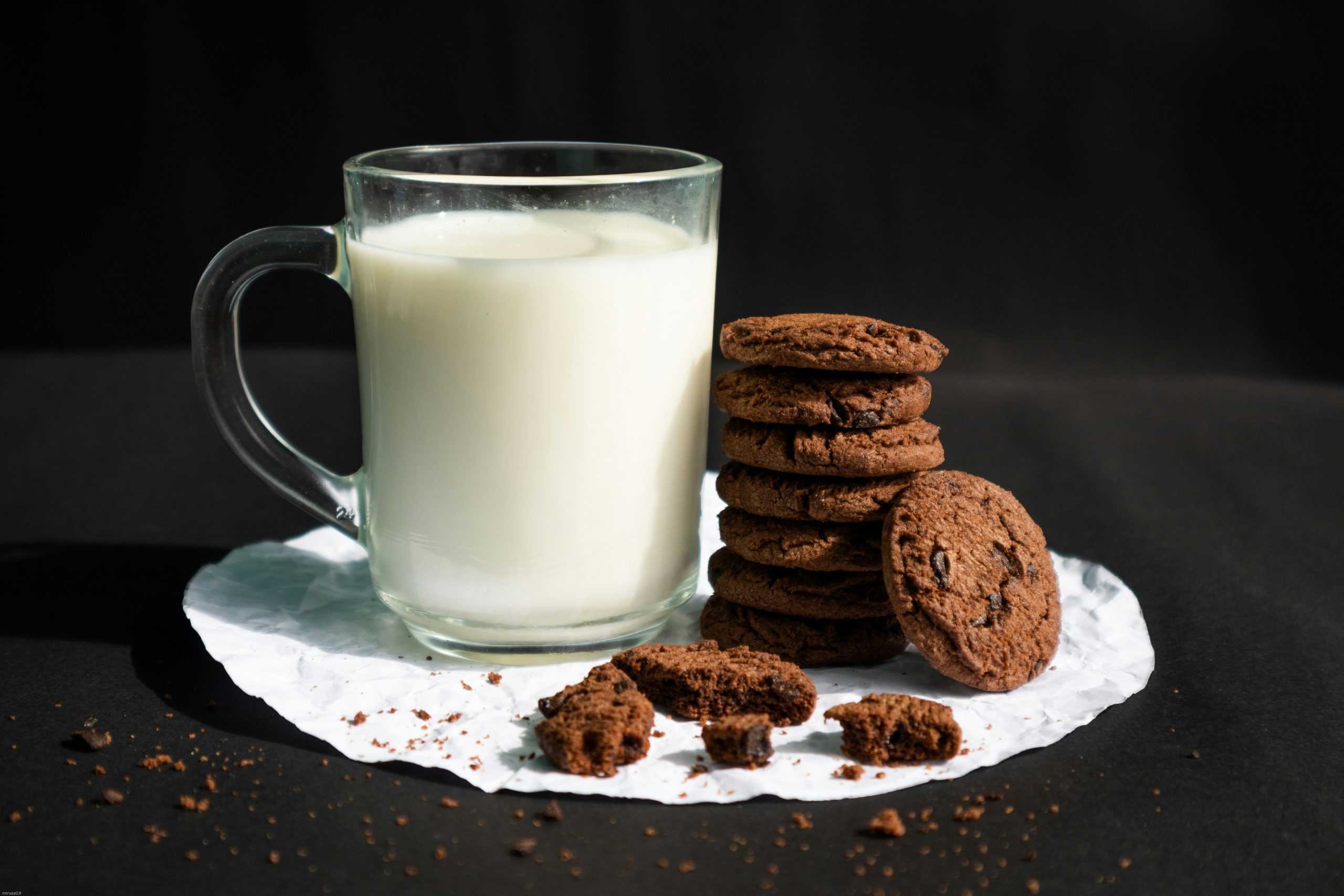People can be trained to think and act more resiliently, says Lucy Hone, co-director of the New Zealand Institute of Wellbeing & Resilience and adjunct senior fellow at the University of Canterbury.
“It’s not easy – but it is possible,” she says.

Lucy is a Christchurch psychologist who started studying the science of resilience psychology after the global financial crisis in 2009 and studied for a Masters degree at the University of Pennsylvania. When the Canterbury earthquakes hit she put her PhD studies on hold to work with community organisations on building resilience locally.
In 2014 she tragically lost her 12-year-old daughter Abby in a road accident that also claimed the life of her friend and the friend’s mother. That personal tragedy has cemented her resilience practice and she recently gave a talk on ‘Soft skills for tough times’ as part of a Federated Farmers webinar series on wellbeing and resilience.
Resilience is actually quite common, Hone says, and humans have an incredible capacity to get through really hard events, by using pretty ordinary processes.
“Masten calls it ‘ordinary magic’,” she says.
That means that it’s highly influenced by our thoughts and actions and that we need to be self-aware of what works for us so we can use the deliberate actions and thinking that serve us well – for ourselves and for those who are dependent on us and we are role models for.
“The good news is that people can learn and be trained to be more resilient.”
Researchers interviewed Vietnam War veterans who had been held in prison during the war but who had made it home without post-traumatic stress disorder (PTSD) or mental illness afterwards. Interviewing them, they found the resilient men had many things in common.
Critical characteristics of resilience:
- Realistic optimism
- Helping others helped them to cope with extreme stress
- Having a moral compass
- Faith/spirituality
- A sense of humour
- Having role models
- Having strong supportive relationships
- Facing forward and leaving their comfort zone
- Having a mission.
“Resilience is like a stew – a whole lot of ingredients thrown in together – so you don’t need all of them but the more you have in your life the more resilient you are likely to be.”
Stuff happens to us in life and we can’t control that – “I have certainly learnt that in my life”.
Whether it’s the mosque shootings, earthquakes, losing a child or events being cancelled, unwanted and unexpected change is often forced on us, she says, and while we cannot control these things, we can look at our response to them, and work out if that is working for us and for others in our life.
“You do need to be able to react, as things can happen very quickly and we can’t change the initial physical and emotional reaction to something hitting us like grief, but we can change and practice the longer-term response to be more positive for our lives.
“A resilient person doesn’t get stuck in one emotion, you have the first emotional response but then you need to use your strategies to be more resilient.”
Hone outlines three strategies for resilience people should use on a daily basis:
Understand that struggle is normal
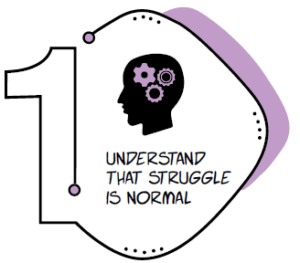 “Shit happens,” she says.
“Shit happens,” she says.
As much as we dont want bad things to happen to us, they do, and so by accepting that this is the case stops us thinking “why me, why do I have to be the victim?”
Hone says it is important to role-model that understanding – especially to today’s younger generation who have a strong streak of thinking that everything should be perfect, timely, happen without hard work and be Instagram-worthy.
“You need to role-model failure, mistakes and bad moments and talk about them with your children – let your kids see that it’s a normal part of living for everything to not be perfect.
“If you get that struggling is part of human existence, it prevents you from having a ‘spoilt-brat attack’ when things go wrong.”
We live in an era of perfectionism – and perfectionism is strongly associated with anxiety and depression and poor mental health, she says, and is very toxic.
“It is especially rife with today’s teenagers,” Hone says.
“But there are huge benefits to being kind to yourself and showing self-compassion.”
Hone suggests to pause and think – what do I need to do to look after myself?”
- Accept: this is a tough time and I’m struggling.
- Understand: suffering is a part of life – I am not alone.
- Ask and do: What do I need to do to
Choose where to focus what to do
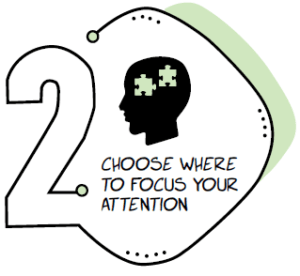 We all have an inbuilt bias to see the wrong, weakness, threat of bad things, Hone says.
We all have an inbuilt bias to see the wrong, weakness, threat of bad things, Hone says.
“We only see what we focus our attention on, so when our default is to ‘wrong spot’ things – what else might we be missing?”
Don’t get sucked into a vortex of laser-sharp negativity, she warns.
It’s a fundamental resilience skill to focus on the intersection of the things that matter and the things you can actually change.
Is this helping or harming you
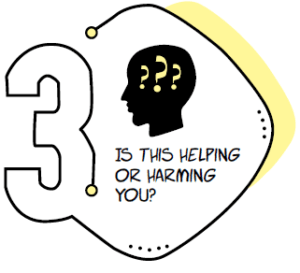 A key to psychological health is having sensible self-talk – learn to refute your shonky thinking, Hone says.
A key to psychological health is having sensible self-talk – learn to refute your shonky thinking, Hone says.
A resilience training exercise for soldiers taught them to run scenarios – what is the worst case scenario? vs. what is the best case scenario? This draws attention to the middle ground, which is actually far more likely to happen, she says.
Another strategy is to use the catastrophe scale – before catastrophising, think about what is actually likely to happen? Will this really happen to help me or to harm me?
Cognitive behavioural therapy (CBT) and Acceptance and Commitment Therapy (ACT) both train you to really examine your thought processes so you can work out if they are helping or harming you in your quest to get through whatever is facing you.
ACT is now gradually replacing CBT, whereby you can teach your brain to get rid of shonky thinking.
Training in both these strategies is available online.
Lucy says she worries that we are becoming less resilient than earlier generations – particularly young people, who she fears are wracked with perfectionism and procrastination.
“Worried about not being able to do something perfectly, they are less likely to actually get in and give things a go.”
The antidote is to let young people fail, and teach them that failure is okay, it’s a part of life, it’s how we learn.


